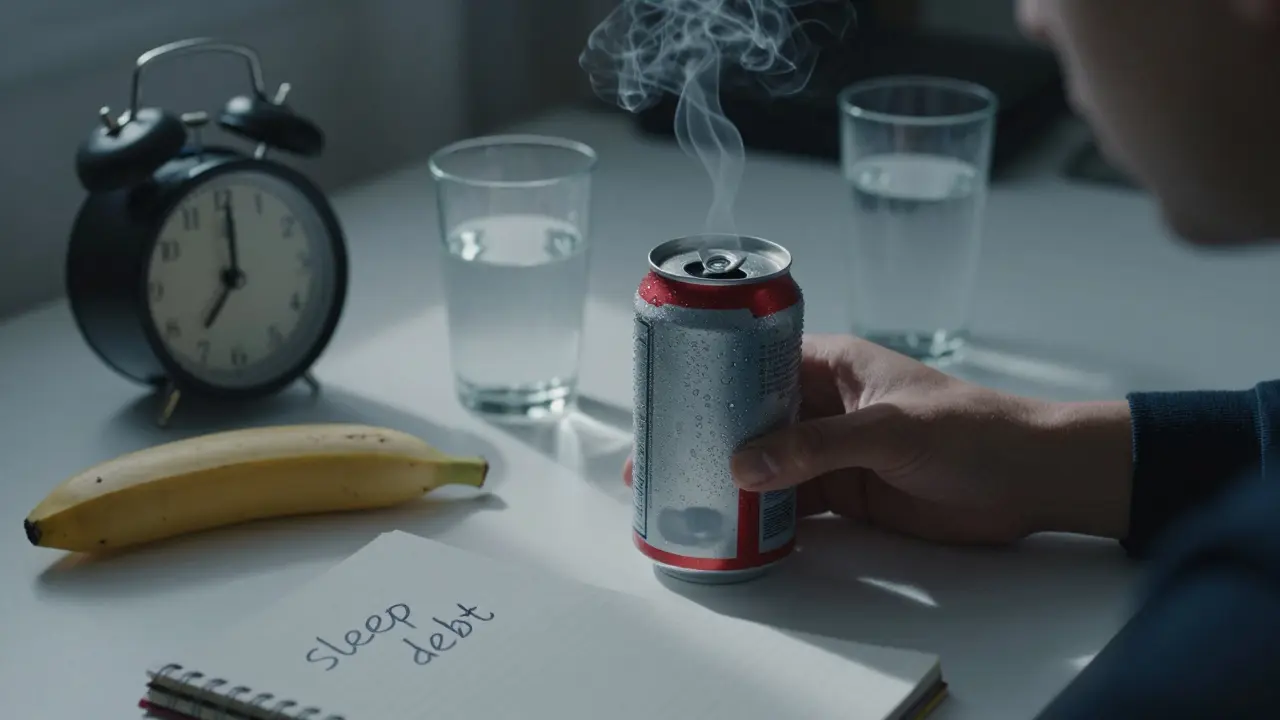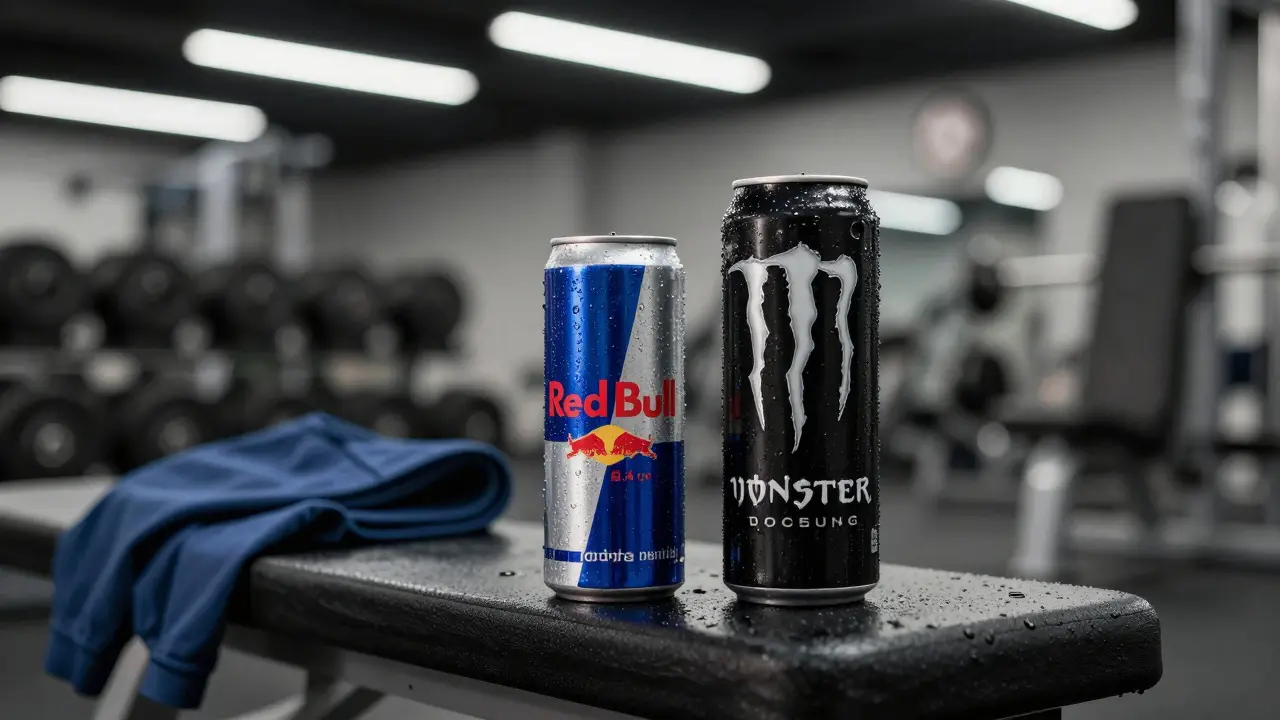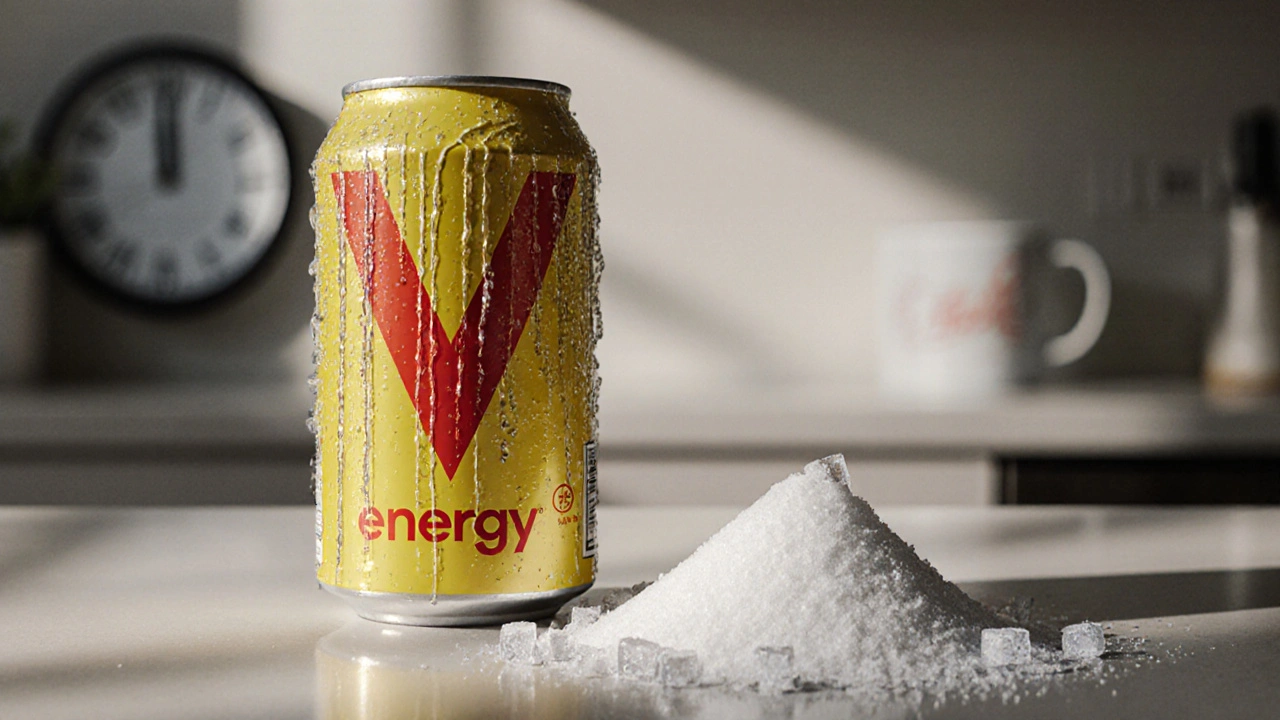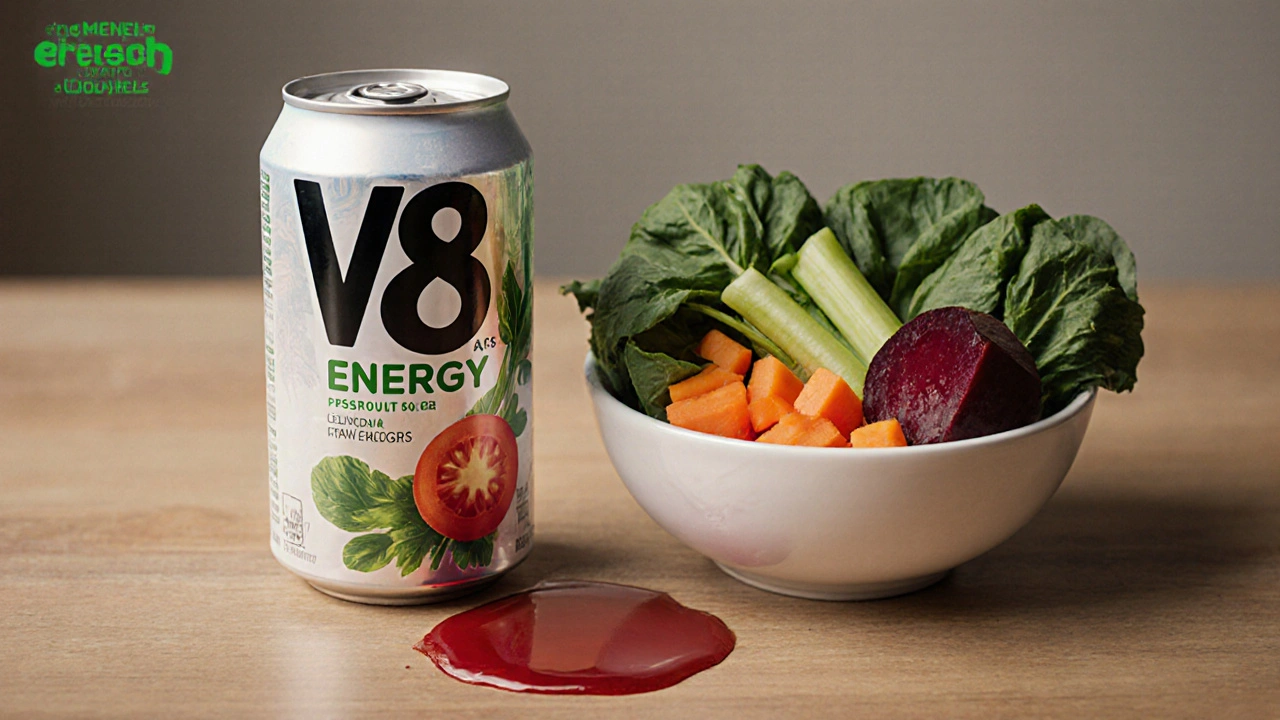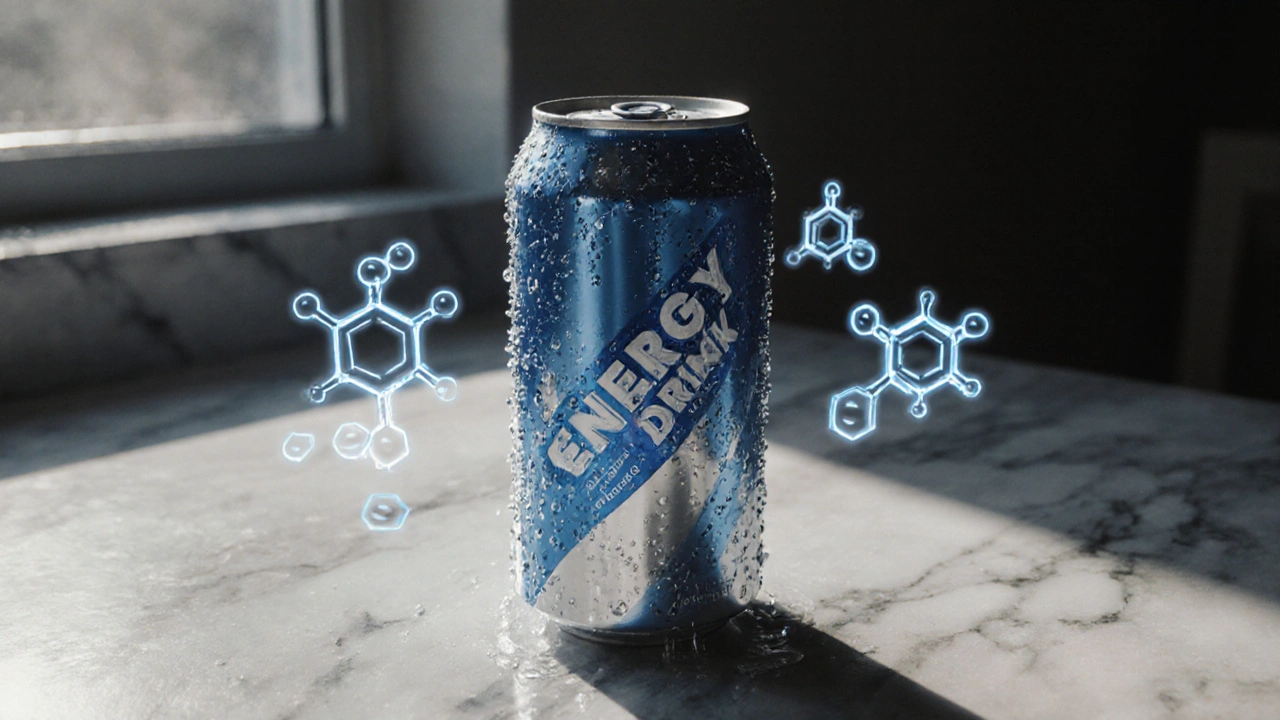Energy Drink Health Risks: What You Need to Know Before You Drink
When you grab an energy drink, you’re not just buying a quick boost—you’re consuming a mix of caffeine, a powerful central nervous system stimulant that can overload your system if taken in excess, sugar, a major contributor to metabolic stress and liver damage when consumed regularly, and a cocktail of unregulated additives. These aren’t just drinks. They’re pharmacological packages with little oversight, and their long-term effects on your body are starting to show up in emergency rooms and medical studies. The energy drink health risks, a growing area of clinical concern tied to cardiovascular strain, organ stress, and neurological side effects aren’t theoretical. They’re happening to people your age—athletes, students, night workers—people who think they’re just being efficient.
One can might seem harmless, but what happens when you drink two? Or three? Or make it a daily habit? The energy drink health risks multiply fast. Your heart starts racing, not from excitement, but because caffeine is forcing your heart to beat harder and faster. That’s not a buzz—it’s a stress test your body didn’t sign up for. And it’s not just your heart. Your liver and kidneys are working overtime to filter out synthetic chemicals, excess sugar, and high-dose stimulants. Recent research shows repeated energy drink use can lead to fatty liver changes and increased kidney stress, even in young, healthy people. Taurine, once thought to be harmless, is now under scrutiny in several countries because of how it interacts with caffeine and other stimulants. And sugar-free versions? They’re not safer. Artificial sweeteners like sucralose and acesulfame K may avoid sugar spikes, but they’re not innocent either—they’re linked to gut microbiome disruption and insulin response changes.
You don’t need to quit cold turkey, but you do need to stop treating energy drinks like soda. They’re not snacks. They’re performance enhancers with side effects that don’t show up until months or years later. If you’ve ever felt your heart pound after one, or crashed hard an hour later, or noticed you’re more anxious than usual—you’re not imagining it. The data backs you up. Below, you’ll find real breakdowns of what’s in your favorite drinks, how they affect your organs, what ingredients to avoid, and which ones might actually be less harmful. No fluff. No marketing. Just what your body is really dealing with when you open that can.
One energy drink a day might seem harmless, but it can spike blood pressure, disrupt sleep, and increase sugar intake. Here's what science says about daily consumption and safer alternatives.
Red Bull and Monster are both harmful for athletes. Monster has more sugar and caffeine, making it worse. Neither improves performance - they just mask fatigue and hurt recovery. Real fuel comes from food and water.
Ghost Energy Drinks are popular for their zero-sugar formula and high caffeine content, but daily use may lead to heart strain, sleep disruption, and dependency. Here's what science says about the real risks.
V energy drink contains high sugar, caffeine, and artificial additives that can harm your heart, teeth, and metabolism over time. Regular use increases diabetes risk and disrupts sleep. Real energy comes from water, sleep, and whole foods-not cans.
V8 Energy drinks aren't healthy despite their vegetable juice branding. They contain sugar, caffeine, and artificial sweeteners. Learn what's really in them and better alternatives for real energy.
Zero sugar energy drinks may seem healthier, but they still contain high caffeine, artificial sweeteners, and acid that can harm sleep, teeth, and metabolism. Here’s what science says about their real risks.

